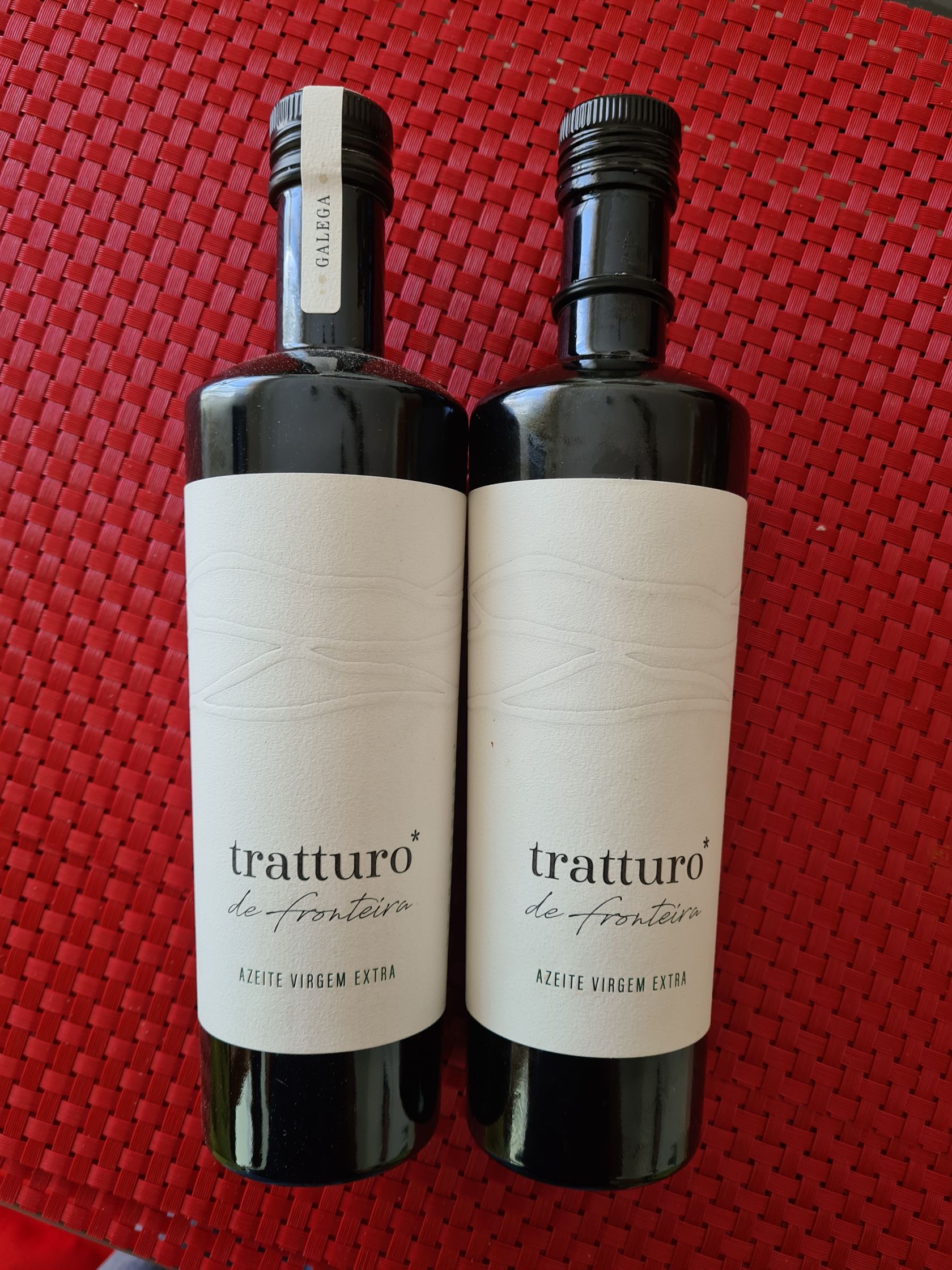Extra virgin olive oil also boasts superior health benefits due to more antioxidants and polyphenols
Polyphenols are the ‘extra’ ingredient
Research shows polyphenols can help manage blood pressure levels and keep your blood vessels healthy and flexible, promoting good circulation. They also help reduce chronic inflammation, another risk factor for heart disease. While they exist in many plants, there are some powerful ones specific to Extra Virgin Olive Oil which help to explain why it's been considered a superfood through the ages.
When it comes to nutritional differences, extra virgin olive oil stands out as the superior choice. Extra Virgin Olive Oil is considered the highest quality olive oil, typically produced through a cold-pressing process without the use of heat or chemicals. This method helps retain more antioxidants and polyphenols, which are beneficial compounds known for their anti-inflammatory and heart-healthy properties. In contrast, regular olive oil undergoes more processing, which may involve refining and the addition of additives. As a result, regular olive oil tends to have fewer health benefits compared to its extra virgin counterpart.
The benefits of Ibuprofen without the side effects
Many leading health specialists underline the effect Polyphenols have on inflammation. Most people are aware that Ibuprofen has a bad effect on the stomach if taken for an extended period. It seems that Polyphenols have no side effects. In addition, they are super efficient antioxidants. Also called biophenols, these are highly prized for their antioxidant behaviours, scavenging for free radicals.
Their role in fighting cancer, heart disease, and dementia, among other benefits, has led to them getting more research in the past few years.
Dr Simon Poole MBBS DRCOG FBMA MIANE, a Cambridge-based medical doctor writes, “Extra Virgin Olive Oil is central to the Mediterranean Diet, and this is also backed up by the science. When researchers look at the effects of the diet and find the extraordinary benefits, they usually use scoring systems which, for example, may weigh vegetables, fruits and other staples with positive scores from zero to three”.
The regular use of Extra Virgin Olive Oil in many recognised scoring systems counts for as much as the consumption of vegetables. This is often defined as the inclusion of olive oil in every meal. Where evidence associates the reduced risk of chronic diseases with a high Mediterranean Diet score it is always the case that olive oil will be contributing significantly to the score. It is impossible to take olive oil out of the science of the Mediterranean Diet. There is certainly no justification for any suggestion that an alternative cooking fat could be used to achieve the effects of the Mediterranean Diet”. Although Portugal is not in the Mediterranean, our diet is firmly rooted on this principle.
Science seems to back up the claims
A recent survey of over 7,000 people in Spain concluded that “In this study involving persons at high cardiovascular risk, the incidence of major cardiovascular events was lower among those assigned to a Mediterranean diet supplemented with Extra Virgin Olive Oil or nuts than among those assigned to a reduced-fat diet. (Funded by Instituto de Salud Carlos III, Spanish Ministry of Health, and others; Current Controlled Trials number)”.
While research shows you can benefit from as little as 1-2 tablespoons per day, the quantities consumed are much higher around the Mediterranean basin. A study of more than 7,000 people in Spain found that “those who consumed at least 4 tablespoons (60 ml) of olive oil daily were 30% less likely to develop heart disease, compared with those following a low-fat diet for 5 years.” If you already use Extra Virgin Olive Oil, are you taking enough to get the health benefits?
How to choose the best brand?
Your local supermarket will offer a wide range of Extra Virgin Olive Oil. It’s never cheap, but the process of Extra virgin olive oil is complex. Made from the first milling of the olive fruit and by extracting the oil while maintaining a temperature of less than 80.6° F (27° C) through strictly mechanical means. This means producers cannot use heat or chemicals during the milling or extraction process making Extra Virgin Olive Oil an unrefined product. You need to sample various brands to find what appeals to you. If you are prepared to go to a little more effort, there are some internationally highly acclaimed producers whose oils may not make it to your supermarket shelf.

Find a small producer
I discovered one from a small producer in the Alentejo Trattura (tratturodefronteira.pt/) which has received many reviews and awards for its quality. Monte do Camelo is a small and relatively new company located in Alto Alentejo. It has around 10 hectares where they grow their own olives. It has its own unique flavour, and I found it to be outstanding. They will deliver if you contact them. If you want an outstanding experience, do a little research, it will pay off. That’s how I found this producer. Needless to say, there are others and most of the small production farms will be exporting to the UK, USA and Canada where the demand for high quality Extra Virgin Olive Oil is very high.
The health benefits of Extra Virgin Olive Oil are something you need to find out about and try it. If you already have, take more and often. The word Extra makes all the difference, don’t confuse it with normal Virgin Olive Oil.
Resident in Portugal for 50 years, publishing and writing about Portugal since 1977. Privileged to have seen, firsthand, Portugal progress from a dictatorship (1974) into a stable democracy.














